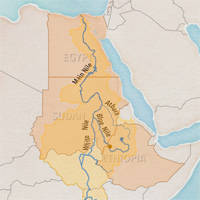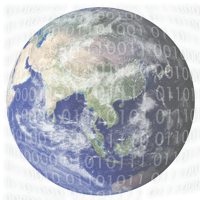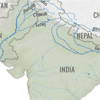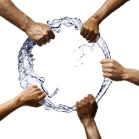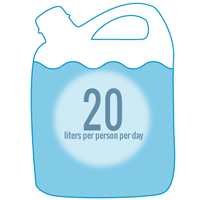- Silicon Valley Water Conservation Awards recognize Pacific Institute and Dr. Peter GleickDr. Peter Gleick and the Pacific Institute were honored with [...]
- Heard, Read, Seen by Water Diplomats this WeekA list of news and blog items we stumbled upon [...]
- Heard, Read, Seen by Water Diplomats this WeekA list of news and blog items we stumbled upon [...]
- Heard, Read, Seen by Water Diplomats this WeekA list of news and blog items we stumbled upon [...]
- Water Diplomacy Requires Principles and Pragmatism A Principled Pragmatic Approach allows Water Diplomats to Move [...]
- Orienting Interdisciplinary Collaboration for Actionable Outcomes An Argument for Problem-Driven Interdisciplinary Collaboration for Complex Water [...]
- To Address the Problem, First Classify the SystemNatural or Human? Complicated or Complex? Why does it matter? [...]
- From Universal Optimizers to Principled Pragmatists: How Complexity is Shaping Professional Water Practice In the 1960s we addressed our water problems with [...]
- "water supply in SG is one of successfull managemen"
- "Hi The decision making to be more pragmatic or ide"
- "I am also a fan of Ostrom's work. I took her wor"
2030
2030 Water Resources Group
AquaPedia
Bangladesh
Bhutan
California
China
climate change
conflict and cooperation
drought
Eastern Nile
Frameworks
Ganges
hydropower
India
Issues of Complexity Science and Negotiation Theory
joint fact finding
Mekong
Myanmar
Nepal
Nile
Nile Basin
Peter Gleick
policy & practice
South Asia
Tibet
uncertainty and feedback
water access
Water Diplomacy Framework
water scarcity
Archives
- January 2020
- December 2019
- November 2019
- September 2017
- August 2017
- May 2017
- March 2017
- December 2015
- October 2015
- September 2015
- August 2015
- July 2015
- June 2015
- April 2015
- March 2015
- February 2015
- January 2015
- December 2014
- October 2014
- September 2014
- July 2014
- June 2014
- April 2014
- March 2014
- February 2014
- January 2014
- July 2013
- June 2013
- April 2013
- March 2013
- January 2013
- February 2012

